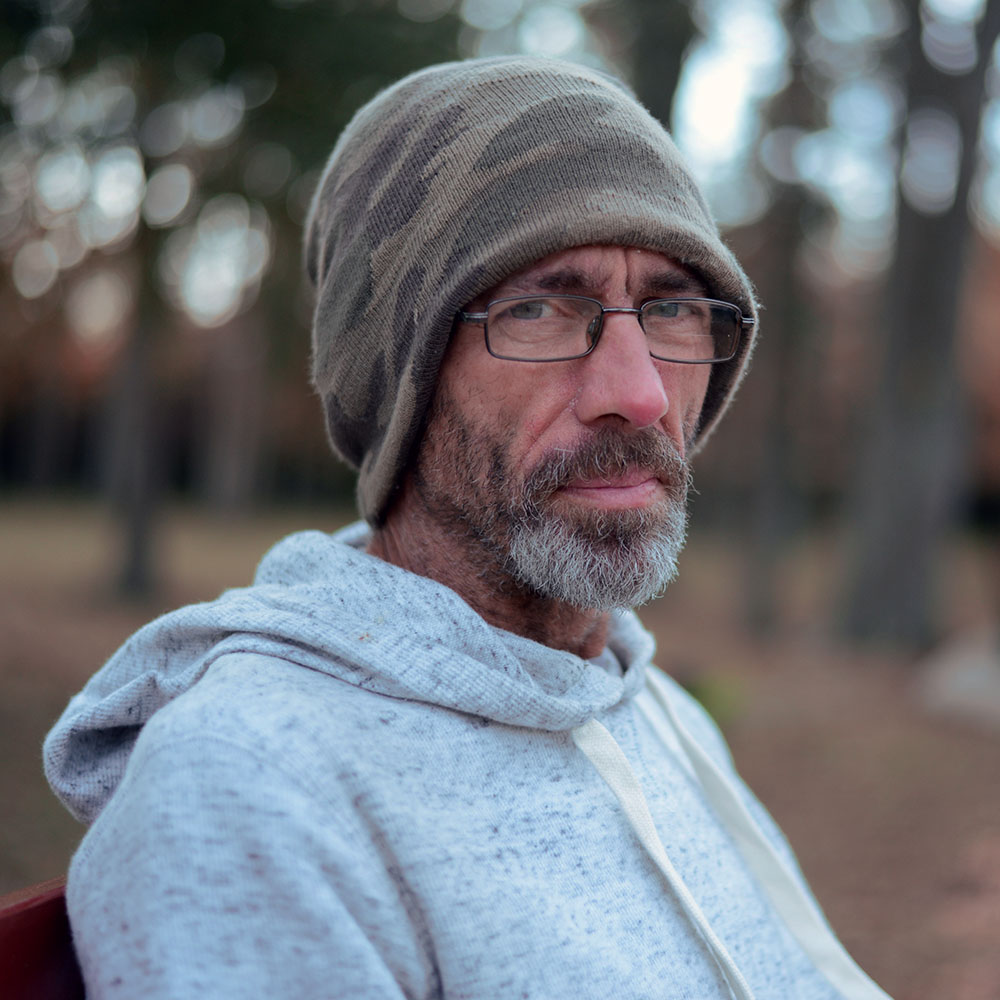We don’t stop
at paying bail.
Using donations, The Bail Project provides free bail assistance to thousands of low-income Americans every year. Through our model of Community Release with Support, we provide court notifications and free transportation to court.
Through our model of Community Release with Support, we provide court notifications and free transportation to court. We also help our clients navigate voluntary supportive services like substance use recovery and housing based on their needs. The result is that our clients return to over 90% of their court dates even though they have no money on the line. This is powerful evidence that bail is not what makes people come back to court.
National Revolving Bail Fund
When our clients return to court, their bail money comes back into our revolving bail fund, allowing us to help even more people!


Since 2017, we've helped thousands of people across America.
The Bail Project helps people in their darkest hour – bailing them out of jail and helping them navigate voluntary supportive services based on their needs as they await trial. At the same time, we work to take money out of the justice system by leveraging the power of data and human stories to advocate for holistic pretrial system reforms that reduce reliance on bail at the local, state, and federal levels.
33
29
1.34
105
What our data from thousands of bailouts across the country demonstrates is indisputable: Bail is not what makes people return to court. People helped by The Bail Project return to over 90% of their court dates without a financial incentive.
We set out to prove there is a better way and we have done that.
The current bail system assumes the best way to get someone to return to court is by requiring money from them as collateral. We have paid bail for thousands of people across the country. These are acts of kindness that change lives. And each bailout is a story and a datapoint, a way for us to shine a light on a system shrouded in secrecy created by bad data. Each client we serve is part of a revelatory process, where through their stories, we are gathering indisputable evidence about how an alternative system could work.


Our clients return to over 90 percent of their court dates, despite having no money or property on the line.
Many of our clients are ultimately not convicted of a crime. Between 20 and 70 percent of our clients have their cases ultimately dismissed, depending on the jurisdiction.
Without our help, they could have spent months or years in jail on charges that would later be ultimately dropped. That’s not how the justice system is supposed to work. The results are clear: Cash bail is unnecessary, unjust, and creates a two-tier system of justice that drives racial and class disparities in who is jailed before trial. Americans deserve better.





